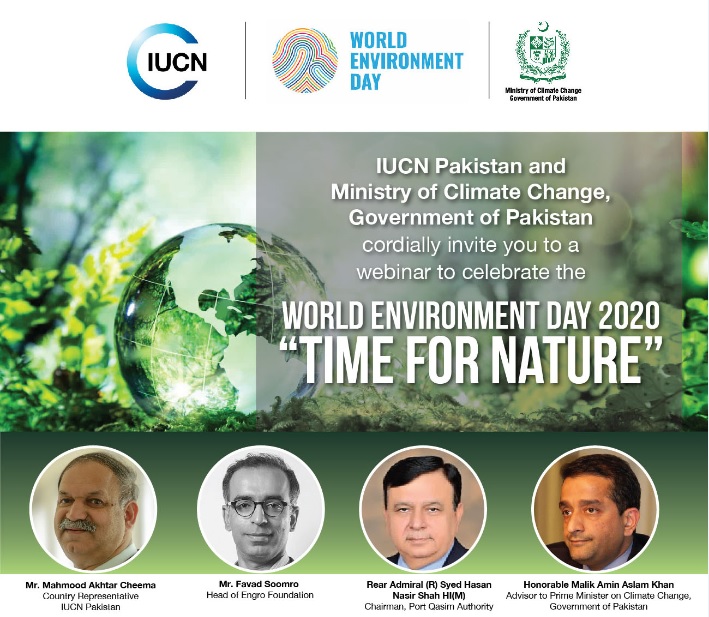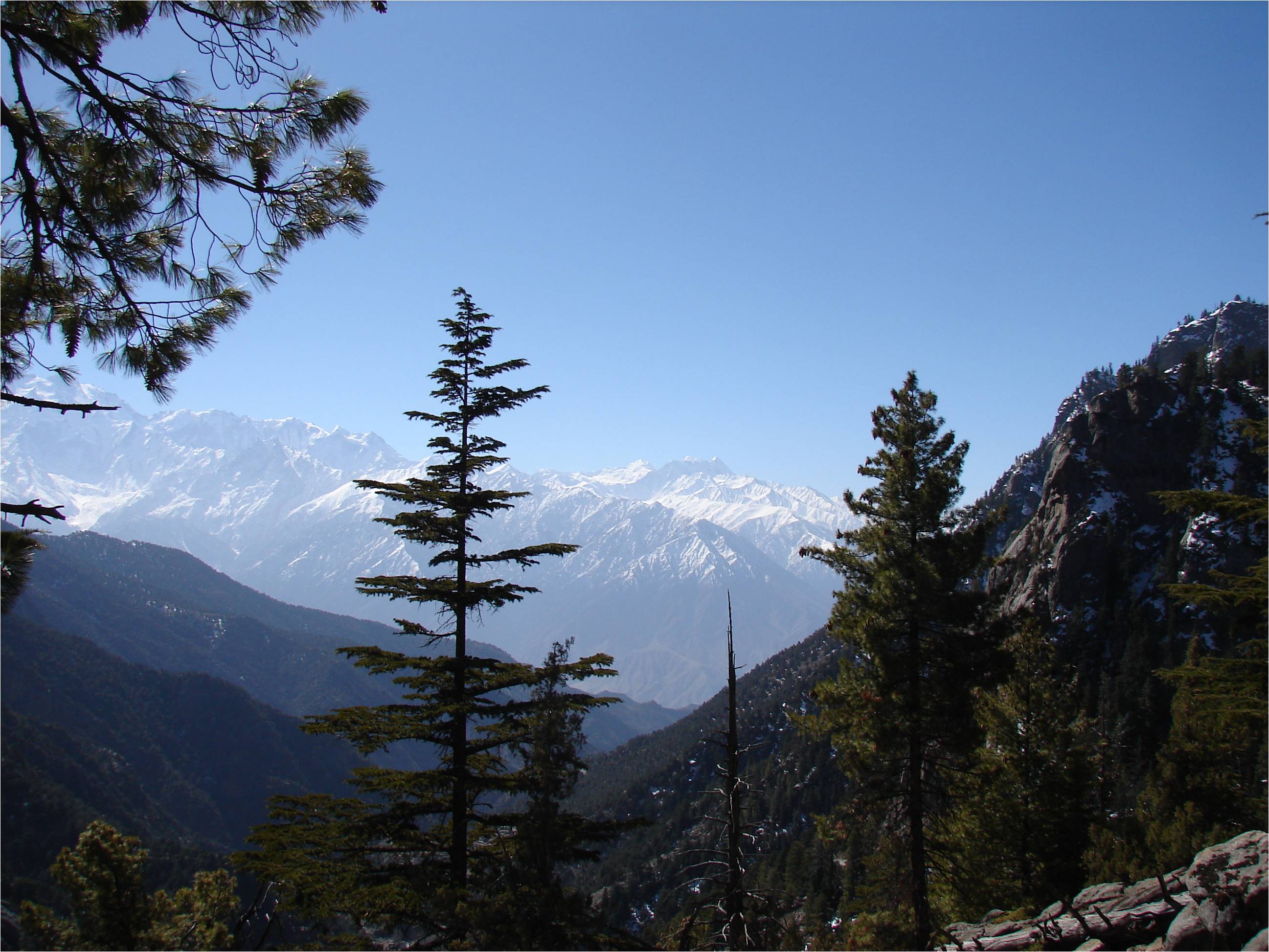"The dangers of human impact on Climate Change must be realized” Javed Jabbar- Global Vice President IUCN
Karachi June 5 (IUCN) : A media briefing was held at the Country Office of IUCN- International Union for Conservation of Nature and Natural Resources on the occasion of World Environment Day.
The theme designated for 2009 was, “Your Planet Needs You: Unite to Combat Climate Change.”. Regional Councilor and IUCN Global Vice President Javed Jabbar brief the media on the importance of creating awareness about environmental issues, and traced the history of the concerns about the environment.
He explained that Climate Change was not a problem of the rich countries as it were the poor and underdeveloped who were at the greatest risk from its impacts. He emphasised the need to chart a sustainable course to development and learn lessons from the failures of existing models of unfettered growth, like in Dubai, which has emerged as a country with the highest ecological footprint.
Citing the monumental work done by organization like IUCN and its members, and the government, he said that various policies and laws had been drafted, and what was needed was the political will to implement them. He also gave the example of the scrapping of the New Murree project in the face of opposition by the environmentalists and civil society activists as proof that the activism can bring about an attitudinal change.
He also cautioned about the ecological impact of the large scale destruction due to the opngoing strife in NWFP and FATA and displacement of the IDPs.
Earlier, Afia Salam, Coordinator Communications and Outreach at IUCN gave a presentation explaining the working or the organization, the key environmental threats of Pakistan and the areas of work where IUCN has launched projects and programmes to address the issues.
During the Question and answer session, Tahir Qureshi, Coastal Ecosystem expert of IUCN explained how the economic potential of the ecologically rich marine areas of Pakistan’s coast was being depleted due to lack of correct policies, and how IUCN was trying to restore livlihood opportunities through the replenishment of the mangrove forests along the coast.
Ms. Naila Ahmed of SHEHRI, an NGO which is an IUCN member, told the media members about the efforts of her organization to focus on issues of the urban environment and ensuring that open spaces and public parks are not encroached upon.
Coordinator Natural Resource Management, Rafiul Haq briefed the media about the consultative nature of IUCN policy making, and informed them about the dialogue process underway to fram a National Wetlands policy.
Ms. Zohra Kabani a member of the IUCN Commission on Education and Communications explained about the workings of the Commission and how important it was to communicate environment related issues.
Notes to editors
For more information or to set up interviews, please contact:
Afia Salam, Coordinator Communications and Outreach, IUCN Pakistan, Country Office
Tel: +92 21 586 1540/41/42/43, Mobile: +92 300 922 3019, afia.salam@iucnp.org; Web: https://www.iucn.org
About IUCN
IUCN, the International Union for Conservation of Nature, helps the world find pragmatic solutions to our most pressing environment and development challenges by supporting scientific research; managing field projects all over the world; and bringing governments, NGOs, the UN, international conventions and companies together to develop policy, laws and best practice.
The world's oldest and largest global environmental network, IUCN is a democratic membership union with more than 1,000 government and NGO member organizations, and almost 11,000 volunteer scientists and experts in some 160 countries. IUCN's work is supported by over 1,000 professional staff in 60 offices and hundreds of partners in public, NGO and private sectors around the world. IUCN's headquarters are located in Gland, near Geneva, in Switzerland.
www.iucn.org









